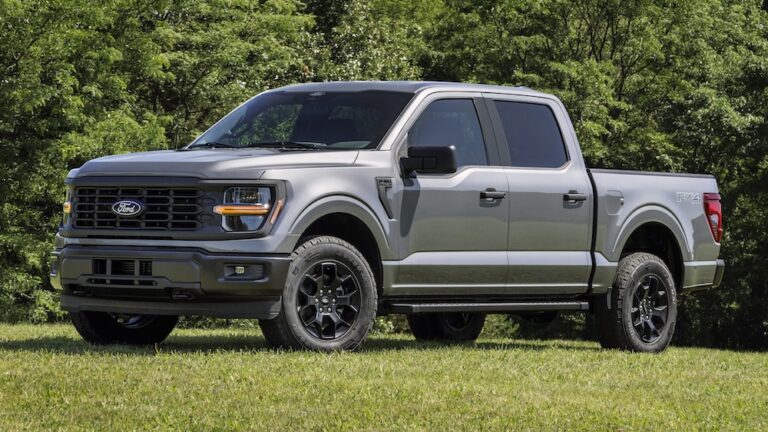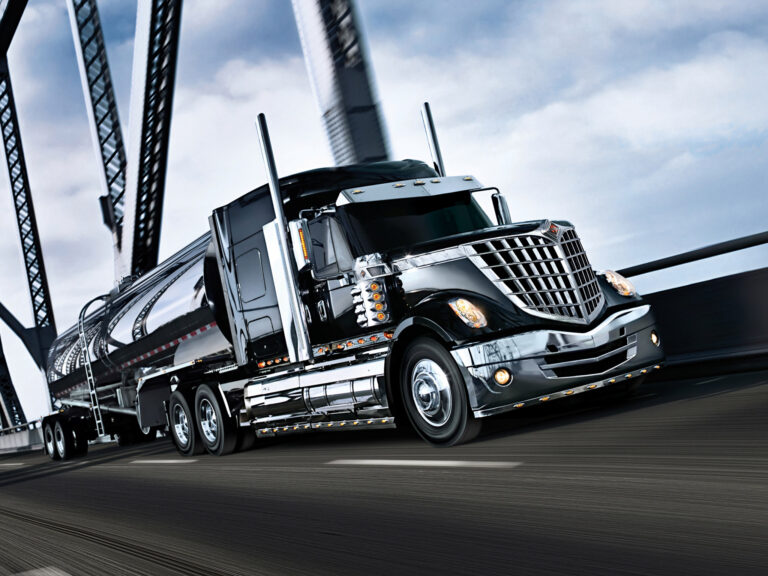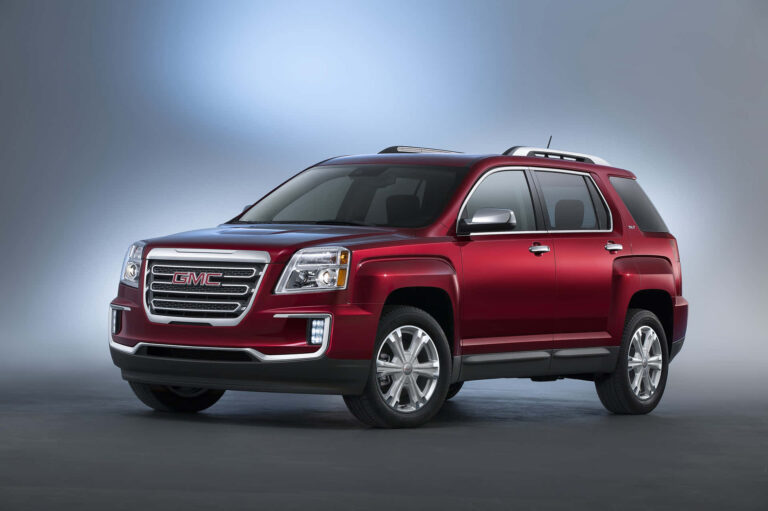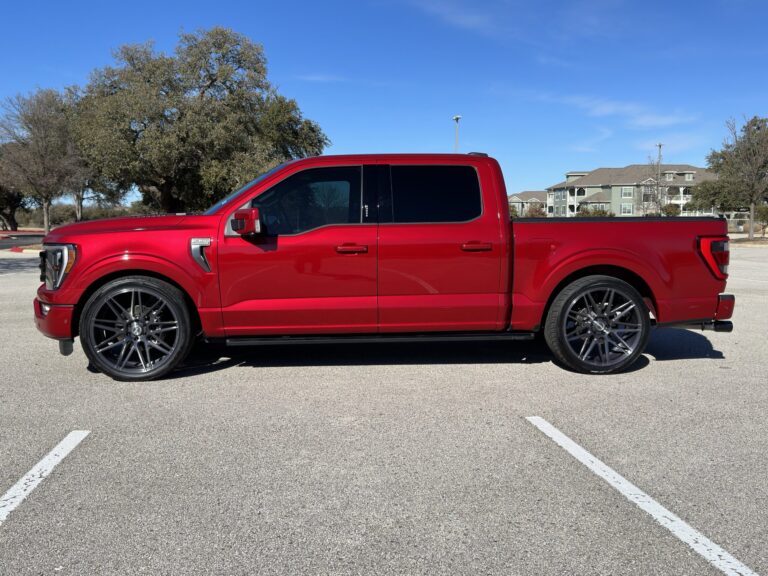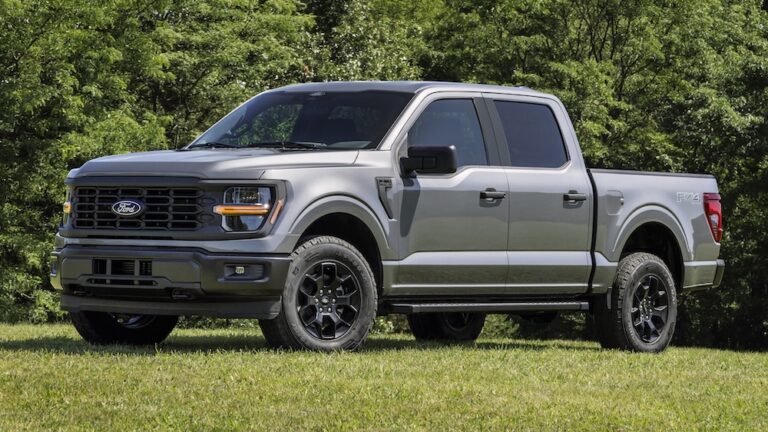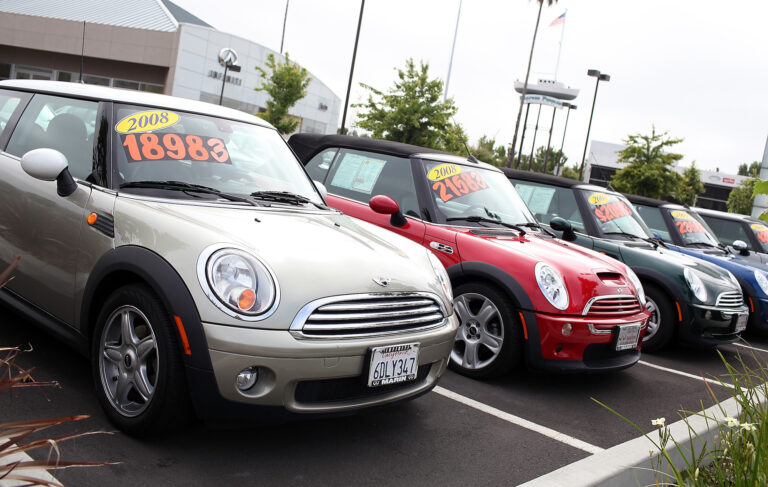German Car Brands Names: A Comprehensive Guide to Automotive Excellence
German Car Brands Names: A Comprehensive Guide to Automotive Excellence cars.truckstrend.com
Germany has long been synonymous with engineering prowess, precision craftsmanship, and a relentless pursuit of automotive perfection. From the Autobahn-blazing sports cars to the luxurious executive sedans, German car brands have carved an indelible mark on the global automotive landscape. They are not just names; they represent a legacy of innovation, a commitment to quality, and a driving experience that is often unparalleled. Understanding these brands goes beyond merely recognizing their logos; it’s about appreciating their distinct philosophies, technological advancements, and the unique driving propositions they offer. This comprehensive guide will delve into the storied history, defining characteristics, and enduring appeal of German car brands, providing a detailed look at what makes them so special.
The Pillars of German Automotive Engineering: A Legacy of Innovation
German Car Brands Names: A Comprehensive Guide to Automotive Excellence
German car brands are more than just manufacturers; they are pioneers. From Karl Benz’s invention of the first automobile in 1886 to today’s electric vehicle revolution, Germany has consistently been at the forefront of automotive innovation. This dedication to pushing boundaries has cultivated a global reputation for quality, performance, and luxury. Each brand, while sharing a common heritage of meticulous engineering, has cultivated its own unique identity and loyal following.
Mercedes-Benz: The Epitome of Luxury and Innovation
Heritage and Philosophy: Founded by the pioneers of the automobile, Karl Benz and Gottlieb Daimler, Mercedes-Benz represents the pinnacle of automotive luxury, comfort, and safety. Its philosophy revolves around delivering an elegant, refined, and technologically advanced driving experience, often setting benchmarks for the entire industry. The brand’s three-pointed star symbolizes its ambition to motorize land, sea, and air, reflecting a broad vision of mobility.
Signature Traits and Models: Mercedes-Benz vehicles are renowned for their opulent interiors, sophisticated infotainment systems (like MBUX), and a suite of advanced safety features. The S-Class is globally recognized as the benchmark for luxury sedans, while the E-Class and C-Class offer premium experiences in their respective segments. The brand has also successfully expanded into the SUV market with popular models like the GLC, GLE, and GLS. Performance enthusiasts are catered to by the AMG sub-brand, which transforms standard models into high-performance beasts.
Technological Leadership: Mercedes-Benz has consistently introduced groundbreaking technologies, from ABS and airbags to advanced driver-assistance systems. In recent years, its focus on electrification has led to the development of the EQ sub-brand, featuring a growing range of electric vehicles that combine luxury with sustainable mobility.
Market Position: Mercedes-Benz targets a discerning clientele seeking prestige, comfort, and cutting-edge technology. It remains a top choice for executives, families, and anyone who values a luxurious and safe driving environment.
BMW: The Ultimate Driving Machine
Heritage and Philosophy: Bayerische Motoren Werke, or BMW, was initially an aircraft engine manufacturer before transitioning to motorcycles and then automobiles. Its core philosophy, encapsulated in the slogan "The Ultimate Driving Machine," emphasizes dynamic performance, driver engagement, and sporty aesthetics. BMW vehicles are designed to be driven, offering a direct and exhilarating connection between the driver and the road.

Signature Traits and Models: BMW is celebrated for its precise steering, balanced chassis, and powerful, often inline-six, engines. The iconic 3 Series and 5 Series sedans are pillars of the sports sedan segment, while the X-series SUVs (SAVs – Sport Activity Vehicles, as BMW calls them) offer performance and practicality. The M sub-brand takes performance to extreme levels, offering track-ready versions of its popular models.
Technological Leadership: BMW has been a pioneer in areas like iDrive infotainment systems, carbon fiber construction (especially in its i-series electric vehicles), and advanced chassis control technologies. Its recent push into electric mobility with the iX and i4 demonstrates its commitment to blending performance with sustainability.
Market Position: BMW appeals to drivers who prioritize performance, agility, and a sporty driving experience, often with a premium on innovative design and technology. It’s a favorite among enthusiasts and those seeking a dynamic yet luxurious ride.
Audi: Vorsprung durch Technik (Advancement Through Technology)
Heritage and Philosophy: Founded by August Horch, Audi’s journey is marked by innovation and a commitment to advanced technology, summarized by its famous slogan, "Vorsprung durch Technik." Part of the Volkswagen Group, Audi combines sophisticated design with cutting-edge engineering, focusing on precision, quality, and technological integration.
Signature Traits and Models: Audi is renowned for its Quattro all-wheel-drive system, which provides exceptional traction and handling, and its minimalist yet luxurious interiors featuring high-quality materials and intuitive infotainment (like the Virtual Cockpit). Popular models include the A4, A6, and A8 sedans, the Q-series SUVs (Q3, Q5, Q7), and the stylish Sportback models. The RS sub-brand offers high-performance variants that combine everyday usability with thrilling speed.
Technological Leadership: Audi has been a leader in LED and Matrix LED lighting technology, advanced driver-assistance systems, and seamless digital integration. Its e-tron line of electric vehicles showcases its commitment to sustainable luxury, maintaining the brand’s signature design and performance.
Market Position: Audi attracts consumers who appreciate understated luxury, sophisticated design, advanced technology, and confident performance. It’s often seen as a choice for those who value refinement and innovation without overt ostentation.
Volkswagen (VW): The People’s Car and Beyond
Heritage and Philosophy: Born out of Ferdinand Porsche’s vision for a "people’s car," Volkswagen has grown into one of the world’s largest automotive groups. While still producing reliable and practical vehicles for the masses, VW also oversees a vast portfolio of premium brands. Its core philosophy remains accessibility, reliability, and innovative engineering for everyday use.
Signature Traits and Models: Volkswagen vehicles are known for their solid build quality, practical interiors, and comfortable ride. Iconic models include the Golf, a global bestseller known for its versatility; the Passat, a dependable mid-size sedan; and the Tiguan and Touareg SUVs. The GTI and R variants of the Golf offer a blend of practicality and exhilarating performance.
Technological Leadership: VW has been at the forefront of direct-injection engine technology (TSI, TDI) and dual-clutch transmissions (DSG). More recently, its massive investment in electric vehicles, spearheaded by the ID. series, positions it as a major player in the future of mobility.
Market Position: Volkswagen caters to a broad demographic, from first-time car buyers to families and those seeking a reliable, well-engineered, and feature-rich vehicle without entering the traditional luxury segment.
Porsche: Sports Car Purity and Performance Luxury
Heritage and Philosophy: Founded by Ferdinand Porsche, the designer of the original Volkswagen Beetle, Porsche has become synonymous with high-performance sports cars and luxury SUVs. Its philosophy centers on delivering an unparalleled driving experience characterized by precision engineering, iconic design, and thrilling performance.
Signature Traits and Models: Porsche’s legendary 911 is arguably the most recognizable sports car globally, celebrated for its unique rear-engine layout and timeless design. The Cayman and Boxster offer mid-engine purity, while the Panamera provides a luxurious four-door sports sedan experience. Porsche also successfully ventured into SUVs with the Cayenne and Macan, which combine sportiness with practicality.
Technological Leadership: Porsche continually pushes the boundaries of performance technology, including advanced aerodynamics, lightweight construction, and sophisticated chassis management systems. The Taycan electric sports car demonstrates Porsche’s ability to transition its performance DNA into the age of electrification.
Market Position: Porsche targets affluent enthusiasts who demand ultimate performance, driving dynamics, and exclusivity. It’s a brand for those who view driving as an art form and a passion.
Other Notable German Brands and Tuners
While the "Big Five" dominate, other German brands and specialist tuners contribute significantly to the automotive landscape:
- Opel: Historically a major German player, Opel is now part of the Stellantis group. It primarily serves the mass market in Europe, focusing on practical, affordable, and increasingly electric vehicles like the Corsa and Astra.
- Smart: A joint venture between Mercedes-Benz Group AG and Geely, Smart specializes in ultra-compact, city-focused cars, primarily electric, designed for urban mobility.
- Maybach: Reborn as an ultra-luxury sub-brand of Mercedes-Benz, Maybach represents the pinnacle of automotive extravagance, offering bespoke, chauffeur-driven luxury sedans and SUVs for the ultra-wealthy.
- Alpina: A small-volume manufacturer that takes BMW vehicles and enhances them with bespoke luxury, more powerful engines, and unique styling, offering a more exclusive and refined alternative to BMW’s M models. BMW Group recently acquired Alpina.
- Brabus: An independent high-performance aftermarket tuning company specializing in Mercedes-Benz, Maybach, and Smart vehicles. Brabus takes performance and luxury to extreme levels, creating some of the fastest and most exclusive vehicles in the world.
Practical Advice and Considerations When Exploring German Car Brands
Choosing a German car is an investment in engineering excellence, but it comes with specific considerations:
- Initial Cost: German cars generally have a higher upfront purchase price compared to their non-premium counterparts.
- Maintenance and Parts: Due to advanced technology and specialized components, maintenance and replacement parts can be more expensive. It’s crucial to budget for these ongoing costs.
- Technological Complexity: While a benefit, the sheer amount of technology can sometimes lead to more complex diagnostic and repair procedures.
- Driving Dynamics vs. Comfort: While many German cars offer a balanced ride, some models prioritize a firmer, more sporting suspension setup over ultimate plushness. Test driving is essential to match your preferences.
- Resale Value: Many German luxury brands tend to hold their value well, especially if well-maintained and with desirable specifications.
- Electrification: All major German brands are heavily invested in electric vehicles. Consider their EV offerings if you’re looking for a sustainable and technologically advanced option.
Concluding Summary
German car brands are more than just names; they are global icons representing the zenith of automotive design, engineering, and performance. From Mercedes-Benz’s unparalleled luxury to BMW’s driving dynamics, Audi’s technological prowess, Volkswagen’s reliable practicality, and Porsche’s pure sports car exhilaration, each brand offers a unique and compelling proposition. Their collective commitment to innovation, quality, and a superior driving experience has cemented their reputation worldwide. As the automotive industry shifts towards electrification and autonomous driving, these German titans continue to lead the charge, ensuring their names remain synonymous with the future of mobility.
German Car Brands: Overview and General Price Ranges
| Brand | Parent Company (if applicable) | Primary Market Segment | Core Identity/Slogan | General Price Range (approx. USD) | Key Characteristics |
|---|---|---|---|---|---|
| Mercedes-Benz | Mercedes-Benz Group AG | Luxury, Premium | "The Best or Nothing" | $45,000 – $250,000+ | Luxury, comfort, pioneering technology, safety |
| BMW | BMW Group | Luxury, Performance | "The Ultimate Driving Machine" | $40,000 – $200,000+ | Sportiness, driver focus, innovative design |
| Audi | Volkswagen Group | Luxury, Technology | "Vorsprung durch Technik" | $38,000 – $180,000+ | Sophisticated design, advanced tech, Quattro AWD |
| Volkswagen | Volkswagen Group | Mass-market, Premium | "Das Auto" (historically) | $25,000 – $70,000+ | Reliability, practicality, wide range of models |
| Porsche | Volkswagen Group | Sports/Luxury Performance | "There is no substitute." | $65,000 – $300,000+ | Iconic sports cars, luxury performance, engineering |
| Opel | Stellantis | Mass-market | "The future is everyone’s" | $20,000 – $45,000+ | Practicality, affordability (mainly Europe) |
| Smart | Mercedes-Benz Group AG & Geely | Urban Mobility | "Smart is an attitude" | $25,000 – $40,000+ (EVs) | Compact, electric, city-focused |
| Maybach | Mercedes-Benz Group AG | Ultra-Luxury | (Sub-brand of Mercedes-Benz) | $180,000 – $500,000+ | Pinnacle of luxury, exclusivity, bespoke features |
| Alpina | BMW Group (acquired) | Bespoke Luxury/Performance | (Based on BMW models) | $90,000 – $200,000+ | Enhanced BMWs, limited production, luxury tuning |
| Brabus | Independent | Extreme Performance/Luxury | (Aftermarket tuner) | $150,000 – $1,000,000+ | Ultra-high performance tuning of Mercedes-Benz |
Note: Price ranges are approximate and can vary significantly based on model, trim level, optional features, region, and market conditions. They represent the general spectrum of new vehicle pricing for each brand.
Frequently Asked Questions (FAQ) about German Car Brands
Q1: What makes German cars special compared to other brands?
A1: German cars are renowned for their exceptional engineering, high build quality, advanced technology, precise driving dynamics, and luxurious interiors. They often set industry standards for safety, performance, and innovation.
Q2: Are German cars reliable?
A2: Yes, generally. While specific models and maintenance play a role, German brands are engineered for precision and durability. However, their advanced technology can sometimes lead to more complex (and potentially costly) repairs if issues arise, especially as they age. Regular, scheduled maintenance is key to their longevity.
Q3: Are German cars expensive to maintain?
A3: Typically, yes. Due to specialized parts, advanced systems, and higher labor rates at authorized dealerships, the maintenance and repair costs for German luxury cars can be higher than for non-premium brands. This is a common trade-off for their sophisticated engineering.
Q4: Which German car brand is the "best"?
A4: There isn’t a single "best" brand, as each excels in different areas.
- Mercedes-Benz is often preferred for ultimate luxury, comfort, and pioneering safety features.
- BMW is favored by driving enthusiasts for its sporty handling and driver-focused performance.
- Audi appeals to those who value sophisticated design, advanced technology, and confident all-wheel-drive systems.
- Volkswagen offers a balance of reliability, practicality, and quality for the mass market.
- Porsche is the go-to for pure sports car performance and exhilarating driving experiences.
Q5: Do German cars hold their value well?
A5: Many German luxury cars, particularly popular models from Mercedes-Benz, BMW, Audi, and Porsche, tend to hold their value relatively well compared to some other luxury brands, especially if they are well-maintained and have desirable specifications. However, depreciation is inevitable for all cars.
Q6: Is Opel still a German car brand?
A6: Historically, yes, Opel is a German brand with deep roots in German engineering. While it was owned by General Motors for many years, it was acquired by Groupe PSA (now Stellantis) in 2017. Despite the change in ownership, Opel maintains its design and engineering centers in Germany, and its heritage remains distinctly German.
Q7: Are there any affordable German car brands?
A7: While Mercedes-Benz, BMW, Audi, and Porsche are premium brands, Volkswagen offers a range of more affordable, yet still well-engineered, vehicles. Opel, although part of Stellantis, also provides more budget-friendly options, primarily in the European market.
